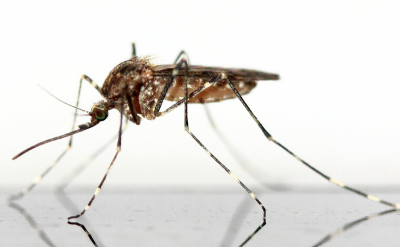Canine Heartworm Disease

when mosquitoes that are infected with the parasite Dirofilaria immitis, take a blood meal, they can transmit heartworm infection to your dog. In the early stage of disease, heartworms are immature and the dog does not show any symptoms. Once they reach maturity, the adult heartworms reside in the blood vessels of the lungs where they cause inflammation which results in cough and exercise intolerance in the dog. As the number of worms multiplies, they fill the right side of the heart, weakening its function. This leads to symptoms that include lethargy, swelling of the limbs, abdominal distention, and weight loss which eventually results in right-sided heart failure. To diagnose heartworm infection, a simple blood test is performed which detects the presence of the adult female worm. If the result is positive, further diagnostic tests might be performed to evaluate the extent of the disease, planning the safest treatment protocol, and monitor the therapy. A series of injections are required in treatment therapy to kill heartworms. This is followed by injections which are given to avoid the complications that may result from pulmonary thromboembolism. The most effective and safest treatment of the disease is to prevent the infection or treating it before the worms get mature. Prophylactic medications should be given monthly or yearly to prevent this lethal disease.
